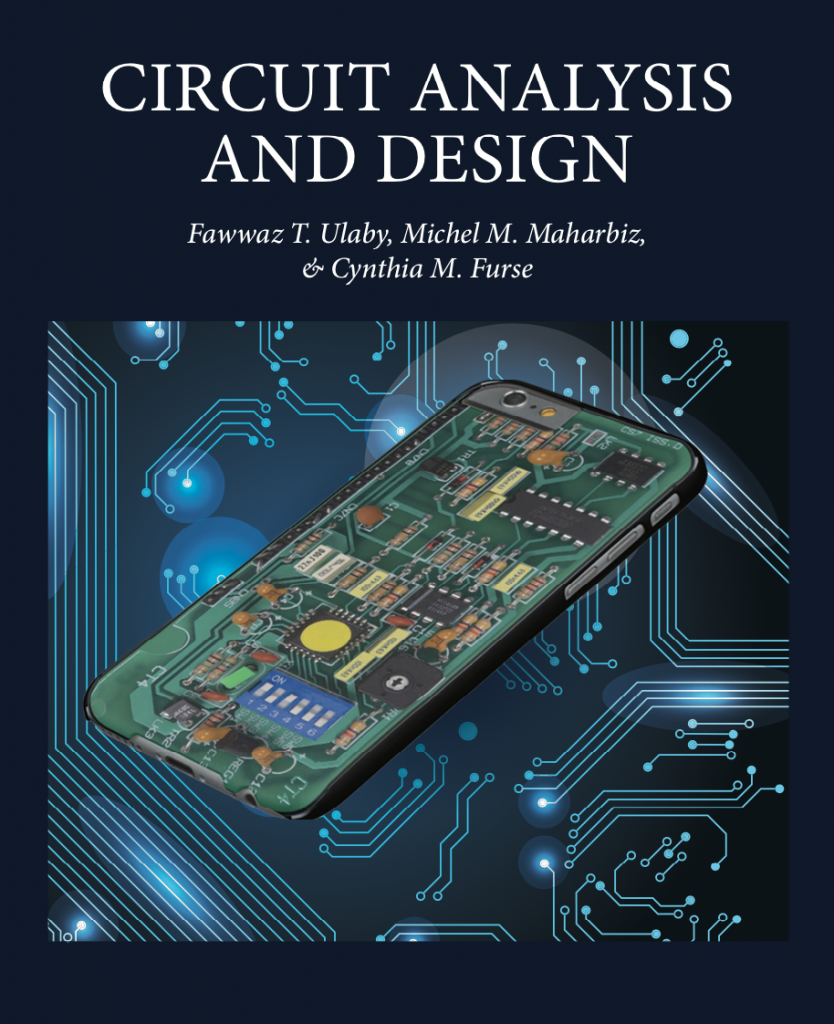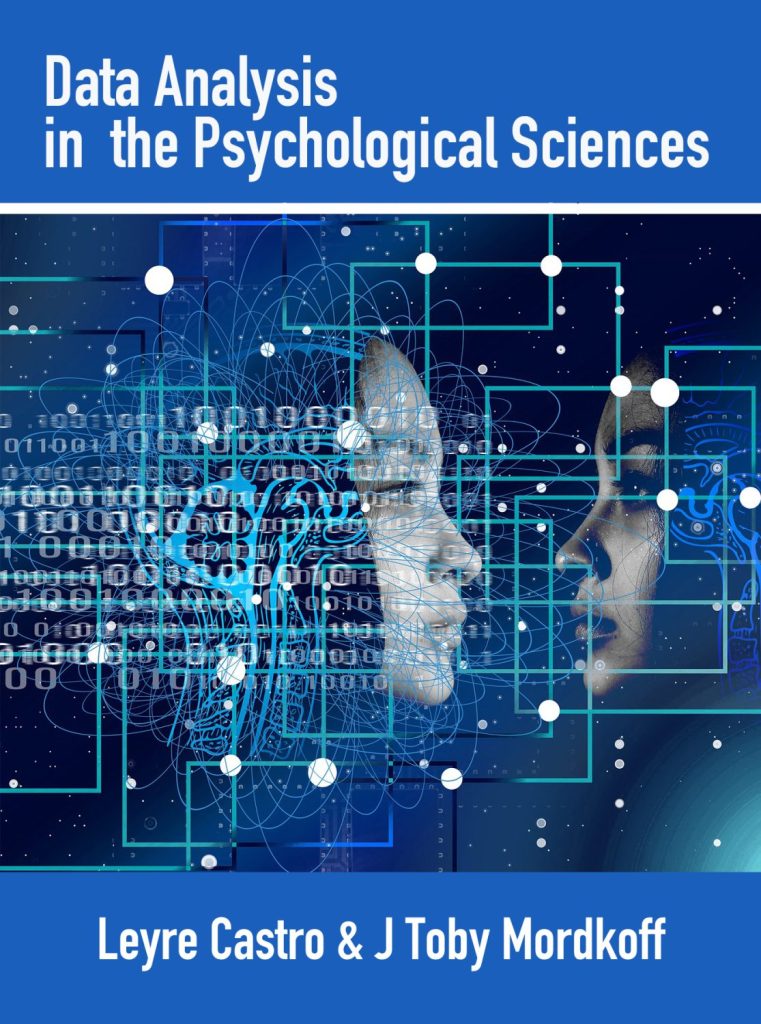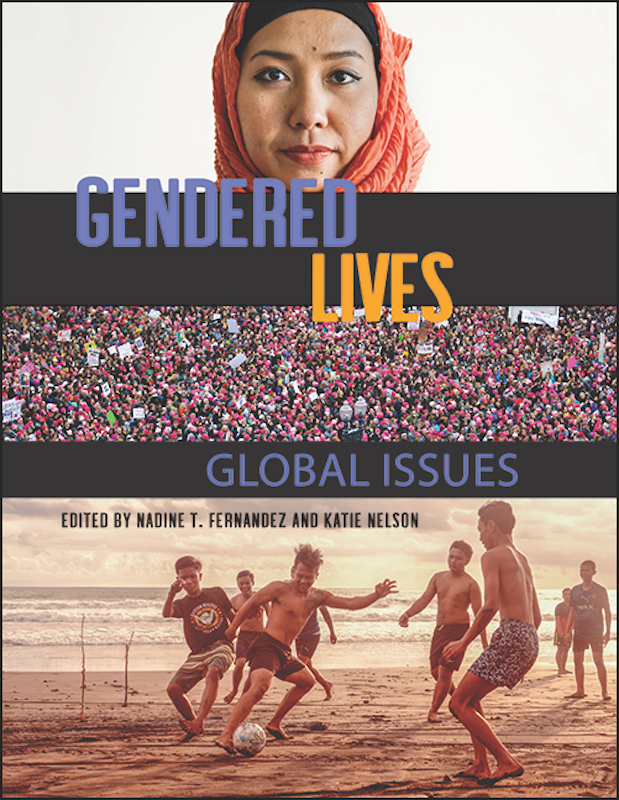As the new semester begins, the Open Educational Resources team at City Tech Library would like to invite you to learn more about free and open educational resources (OER) and how they can support instruction and student access to course materials in your classes. From the basics of OER to more advanced topics, workshops will be offered over the Fall semester on the following topics:
Introduction to Open Educational Resources
Wednesday, September 18th, 11am-12pm
This workshop will provide an introduction to Open Educational Resources (OER) and related topics such copyright, Creative Commons licensing, Zero Textbook Cost (ZTC), and where to find free and open materials in your discipline.
Register in advance for this meeting on Zoom. After registering, you will receive a confirmation email containing information about joining the meeting.
Introduction to Social Annotation
Monday, September 30th, 3pm-4pm
with Jenna Spevack, Professor of Communication Design at City Tech
Social annotation (or collaborative annotation) allows readers to interact with a text as well as with other readers through highlighting, commenting, and sharing ideas in the margins. Learn more about digital tools that can allow you and your students to engage with open texts in your classes, asking and answering questions, defining difficult words, adding reference images and links, and practicing the essential skill of close reading.
Register in advance for this meeting on Zoom. After registering, you will receive a confirmation email containing information about joining the meeting.
Introduction to Manifold
Wednesday, October 23, 11:00am-12:30pm
with Robin Miller, Open Educational Technology Specialist at the Graduate Center
Manifold is a free digital publishing platform for the entire CUNY community, where you can create and share your own scholarship, custom classroom versions of texts and textbooks that are openly licensed or in the public domain, Open Educational Resources (OER), journals, or use Manifold Reading Groups to build your own course reader. Come find out more about the platform and how to get started using Manifold in your teaching at CUNY!
Register in advance for this meeting on Zoom. After registering, you will receive a confirmation email containing information about joining the meeting.
Peer Review & OER
Wednesday, November 20th, 11am-12pm
In this workshop, we will explain the differences between open and traditional peer review models, share existing examples of review processes for open educational resources, and discuss the needs and wants of faculty as they relate to review of OER.
Register in advance for this meeting on Zoom. After registering, you will receive a confirmation email containing information about joining the meeting.
Participants are encouraged to bring questions to the sessions; no level of familiarity with OER is required. Workshops will be conducted remotely over Zoom. Part-time faculty who participate will be compensated at their hourly non-teaching adjunct rate for attending.
If you have any questions about these workshops, please contact Joshua Peach at jpeach@citytech.cuny.edu
For questions about other OER initiatives at City Tech, email Anne Leonard at aleonard@citytech.cuny.edu






